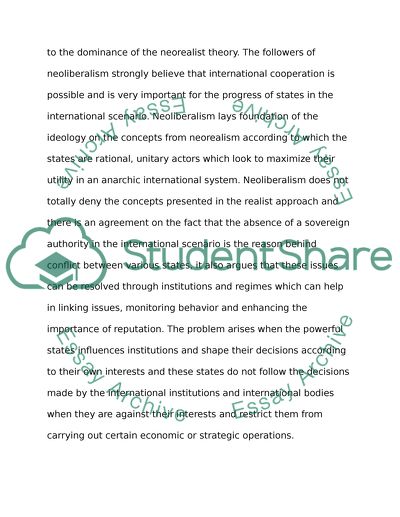Cite this document
(“Politics of Globalisation Essay Example | Topics and Well Written Essays - 2250 words”, n.d.)
Retrieved from https://studentshare.org/environmental-studies/1421693-politics-of-globalisation
Retrieved from https://studentshare.org/environmental-studies/1421693-politics-of-globalisation
(Politics of Globalisation Essay Example | Topics and Well Written Essays - 2250 Words)
https://studentshare.org/environmental-studies/1421693-politics-of-globalisation.
https://studentshare.org/environmental-studies/1421693-politics-of-globalisation.
“Politics of Globalisation Essay Example | Topics and Well Written Essays - 2250 Words”, n.d. https://studentshare.org/environmental-studies/1421693-politics-of-globalisation.


